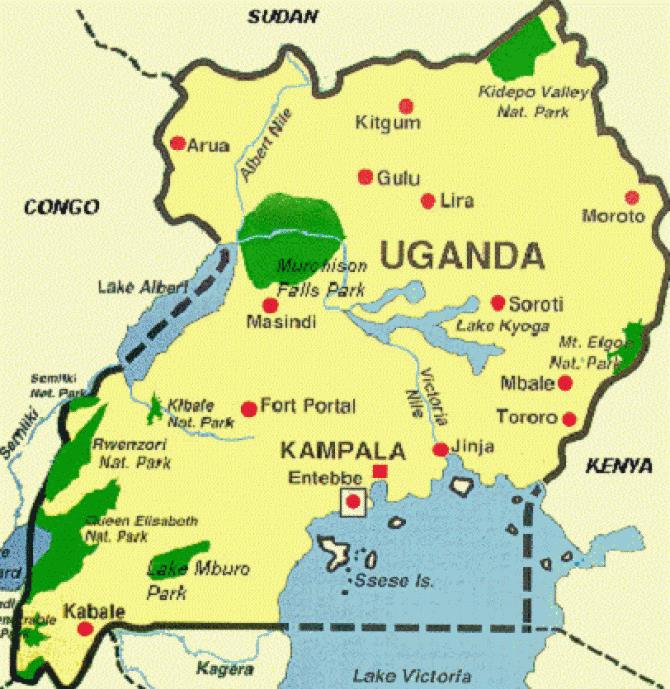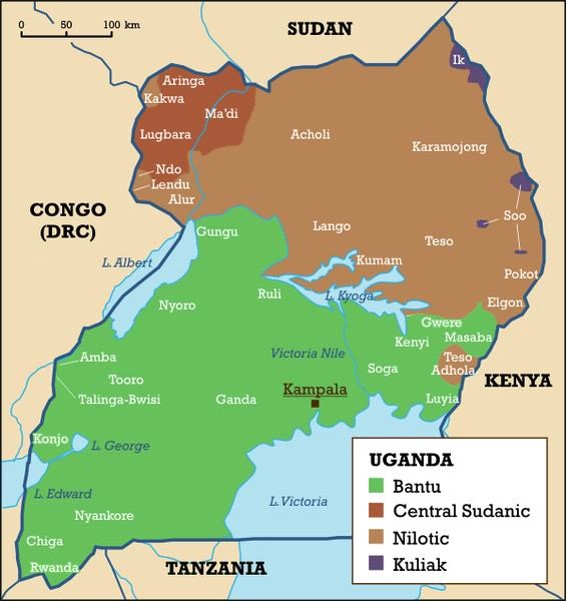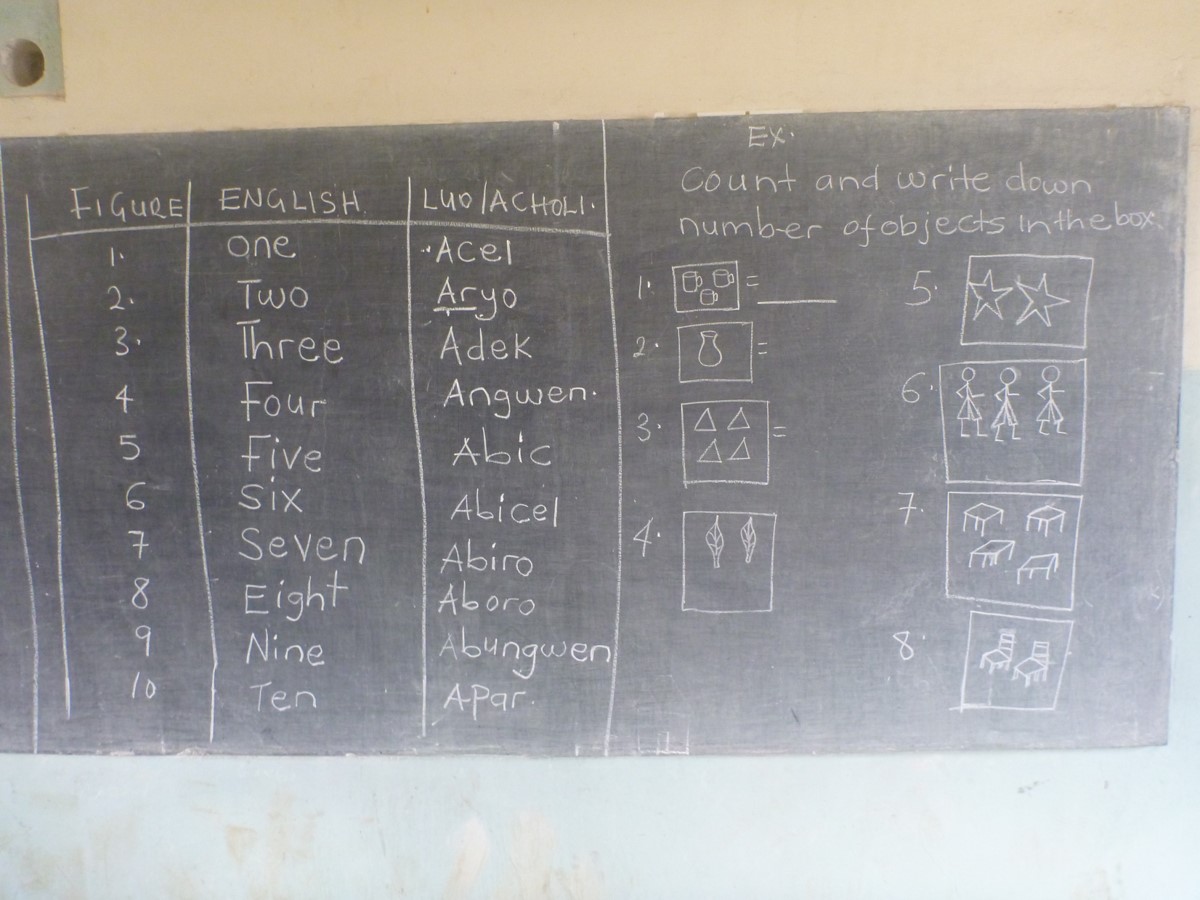
The Youth Development Programme (YDP) was a large vocational training programme for ‘youth’ (those aged 14 -35) entirely sponsored by the Department for International Development (The British Government).
The Youth Development Programme worked right across Northern Uganda from Gulu in the centre, to Moroto in the north east to Arua in the west. The programme was managed by Voluntary Service Overseas using local staff, up to 19 international professional skills volunteers were also involved. The programme ran from 2013 – 2016.
YDP Aims
“The overall aim of YDP is to contribute towards a peaceful, stable, prosperous Northern Uganda with reduced poverty and marginalization for youth and their families.
A desired outcome of increasing economic opportunities and positive social engagement of 15,400 youth aged between 14-35 years in Karamoja, Teso, Lango, Acholi and West Nile.”

Gulu, Acholiland and the YDP
In Acholiland, this was a programme for ‘war affected’ youth whose lives, education and communities had been destroyed by the horrific civil war with Joseph Kony and the Lord’s Resistance Army. Many of our students were either ‘abductees’ or child soldiers, and or ‘Double Orphans’, many were ‘child mothers’. Most were traumatised (‘Guidance and Counselling’ was a central part of the programme). Few had any schooling, most were illiterate and knew little English although in theory it is the national language of Uganda.
Most had been brought up in the Internally Displaced People camps set up by the Ugandan government, which forcibly moved over 2 million Northern Ugandans off their land into about 250 camps with no access to land, food or work. All were suffering from the social breakdown that accompanied that forced movement and upbringing in the camps.

The role of VSO Volunteers
Voluntary Service Overseas volunteers and staff on the programme did not train students directly, but helped build the capacity of existing colleges and teachers to train. The Youth Development Programme involved 34 vocational training colleges (VTIs), previous programmes by others made little substantial change. By contrast, the DFID programme was carefully planned, monitored and evaluated and, by building capacity rather than direct intervention, built sustainability into the communities it aimed to support.
YDP and Disability

Outcomes
In total, 15,400 students were trained in employable and relevant market relevant skills, (50% female by the way, unusual for this sector and insisted on by DFID). But the in-depth entrepreneurship, literacy and numeracy training, the six month post training support and most importantly, the accompanying psycho-social and life skills programme meant that the training should last.
15,875 youth (6.0% youth with a disability) from Karamoja, Teso, Lango, Acholi and West Nile regions in Northern Uganda, were trained in over 24 core vocational skills by 40 VTIs over the 3 years.
Across the YDP, 989 students with disability were provided with vocational training and post training support across the programme. 211 of those students with disability received training and support from GDPU in Gulu.
Post Training Support
69.5% of those trained had paid work for 6 months or more, subsequent to their training
As part of the Post Training Support programme, 15 business groups were set up by GDPU, nine business groups, consisting of 73 people are still functioning as at 1st January 2017.

Those students trained, directly benefited from the DFID programme, and their families, their dependents, the local and national economies also benefited. As one female student said:
“Before this programme we could only watch and wonder. We were not allowed to lift a tool, a hammer a spanner, to use a weaving machine, to hold a hairdryer. Now we can do anything and we can play our part in our community and build a better Uganda”
